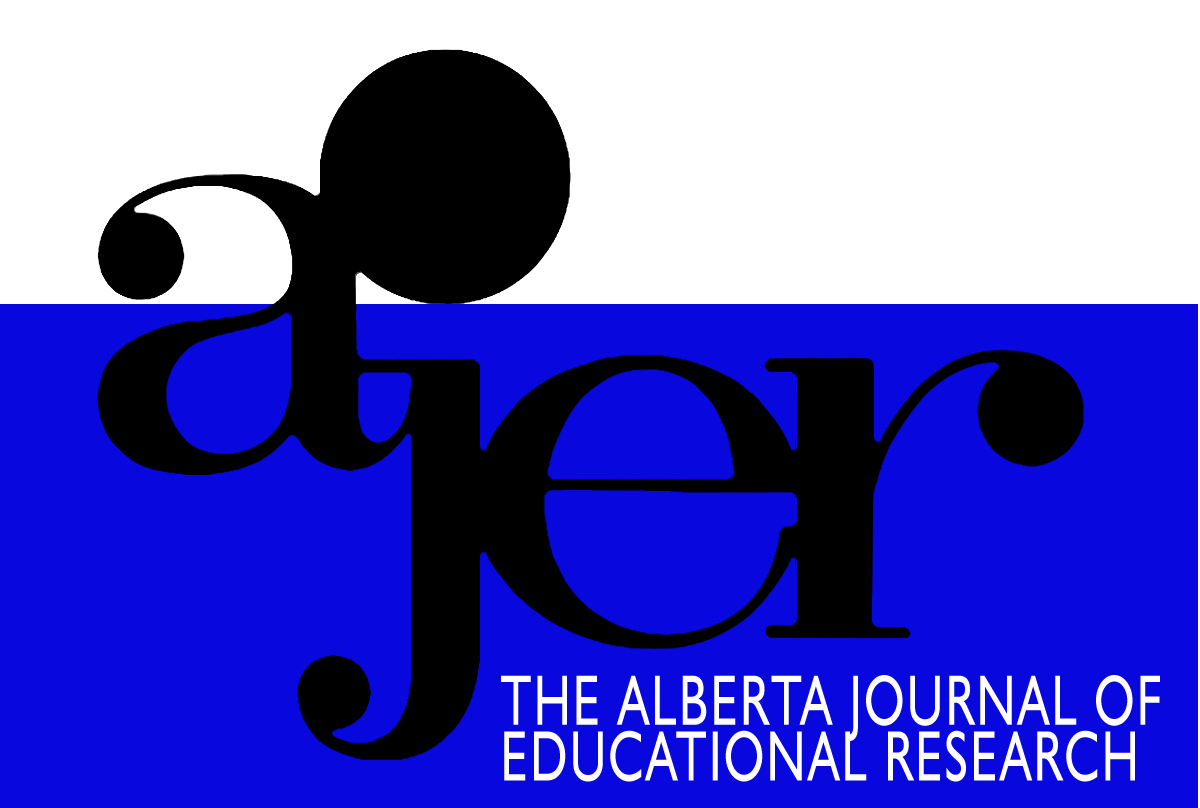Professionalism Discourses and Neoliberalism in Teacher Education
DOI:
https://doi.org/10.55016/ojs/ajer.v64i4.56413Keywords:
Teacher Education, Professionalism, NeoliberalismAbstract
This article argues that discourses of “professionalism” can be used in K-12 teaching and teacher education, both in the service of neoliberal pressures and to push back against such pressures. By itself, the term “professionalism” is not evidence of either the spread of or resistance against neoliberalism, but considered in the context of a broader discourse, it may be used for both. The argument draws from Derrida’s discussion of the pharmakon, and Bourdieu’s discussion of symbolic capital. We argue that the concept of professionalism functions as a pharmakon in that it can be both toxic and medicinal, depending on how it is used, by whom, and to what ends. We take up Schinkel and Noordegraaf’s (2011) suggestion of enhancing Bourdieu’s framework of symbolic capital with that of professional capital. Considering professionalism as a kind of symbolic capital provides a critical lens on discourses of professionalism as both a help and a hindrance in K-12 teaching and teacher education. Both theoretical perspectives enable a critical questioning of discourses of professionalism, including for their constraining effect on greater diversity in professions.
Cet article affirme que les discours sur le « professionnalisme » peuvent servir dans l’enseignement K-12 et dans la formation des enseignants, tant au service des pressions néolibérales que pour résister à ces pressions. En soi, le terme « professionnalisme » n’indique ni l’expansion du néolibéralisme ni l’opposition à ce phénomène; considéré dans un contexte élargi, le terme peut être employé dans les deux cas. Cet argument repose sur la discussion de Derrida sur le pharmakon et celle de Bourdieu sur le capital symbolique. Nous affirmons que le concept du professionnalisme fonctionne comme pharmakon dans le sens qu’il peut être ou bien un poison ou un médicament selon l’emploi qu’on en fait, la personne qui s’en sert et les raisons pour lesquelles on l’utilise. Nous faisons suite à la suggestion de Schinkel et Noordegraaf (2011) d’appuyer la notion du capital symbolique de Bourdieu avec celle du capital professionnel. Le fait de concevoir le professionnalisme comme une sorte de capital symbolique offre un angle critique pour étudier les discours proposant que le professionnalisme peut constituer un appui ou un obstacle dans l’enseignement K-12 et dans la formation des enseignants. Les deux perspectives théoriques permettent une remise en question des discours sur le professionnalisme, y compris de leur effet restrictif sur une plus grande diversité au sein des professions.
Mots clés: néolibéralisme, formation des enseignants, professionalisme
Downloads
Published
Issue
Section
License
UNIVERSITY OF ALBERTA COPYRIGHT LICENSE AND PUBLICATION AGREEMENT
If accepted, authors will be asked to sign a copyright agreement with the following points:
A. Where there is any inconsistency between this Copyright License and Publication Agreement and any other document or agreement in relation to the same subject matter, the terms of this Agreement shall govern.
B. This document sets out the rights you are granting in relation to publication of your article, book review, or research note entitled (the “Article”) through inclusion in the academic journal titled Alberta Journal of Educational Research (the “Journal”) published through the Faculty of Education, representing the Governors of the University of Alberta (the “Journal Editor”).
C. There will be no payment to you for this publication and grant of rights. In consideration of the agreement to publish the Article in the Journal:
1. You are warranting that:
- the content of the Article is your original work, and its content does not contain any material infringing the copyright of others; or, where the Article is not entirely your original work, you have obtained all necessary permissions in writing to grant the rights you are giving in this agreement;
- the content of the Article does not contain any material that is defamatory of, or violates the privacy rights of, or discloses the confidential information of, any other person;
- the Article has not been published elsewhere in whole or in part, and you will not allow publication of the Article elsewhere without the consent of the Journal Editor;
- the names of all co-authors and contributors to the Article are:
2. You agree to license the copyright in the Article to the Journal Editor, on a worldwide, perpetual, royalty free basis; and to the extent required by the terms of this agreement. You shall retain the right at all times to be acknowledged as the/an author of the Article.
3. You further agree that the Journal Editor has the entitlement to deal with the Article as the Journal Editor sees fit, and including in the following manner;
- The right to print, publish, market, communicate and distribute the Article and the Journal, in this and any subsequent editions, in all media (including electronic media), in all languages, and in all territories, ing the full term of copyright, and including any form of the Article separated from the Journal, such as in a database, abstract, offprint, translation or otherwise, and to authorize third parties to do so;
- The right to register copyright of the Journal;
- The right to edit the Article, to conform to editorial policy as the Journal Editor sees fit.
4. If any co-author or contributor to the Article does not sign this agreement, the Journal Editor reserves the right to refuse to publish the Article.



